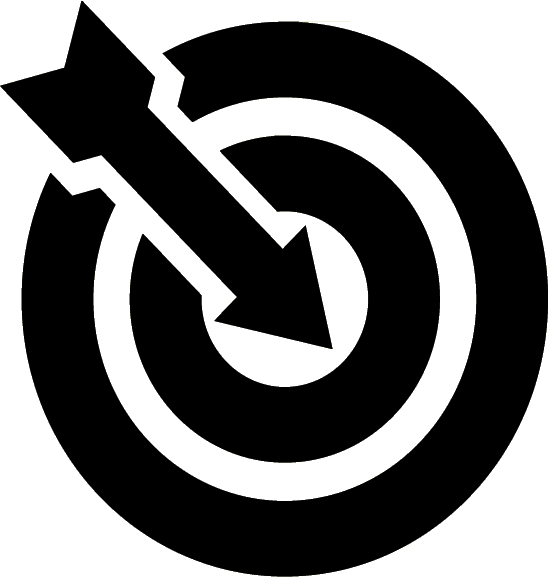1. Breast is best
In Breastfeeding
Follow this topic
Bookmark
Record learning outcomes
The Department of Health and Social Care recommends exclusive breastfeeding until a baby is six months old. Some mums will need advice and support in trying to achieve this

 Learning objectives
Learning objectives
After reading this section, you will have a better understanding of:
• The benefits of breastfeeding
• A mother’s nutritional needs
• The stages of milk production
• The typical problems that mums can encounter while breastfeeding.
Breast milk is a fantastic source of nutrition for babies. In fact, it is undoubtedly the best source available, giving babies everything they need for growth and development. Both the Department of Health and Social Care and the World Health Organization recommend exclusive breastfeeding for the first six months of a baby’s life.
Around 81 per cent of new mothers in England start breastfeeding
According to the Royal College of Paediatrics and Child Health, around 81 per cent of new mothers in England start breastfeeding. The latest statistics from Public Health England for 2018/19 reveal that 46.2 per cent of babies were being totally or partially breastfed at six to eight weeks after birth – an increase on previous years at 43.1 per cent in 2017/18 and 44.5 per cent in 2016/17.
Of the 46.2 per cent of babies who were breastfed at six weeks of age, 31.6 per cent were exclusively breastfed and 14.6 per cent partially breastfed. Some 41.3 per cent of infants were not breastfed at all at this stage.

Among babies born in Scotland in 2018/19, 65 per cent had been breastfed for at least some time after birth, and 43 per cent were being breastfed at six to eight weeks of age, according to the Information Services Division (ISD) Scotland.
This data shows there’s potential to improve breastfeeding rates and so pharmacy teams should be aware of the benefits of breastfeeding in order to help support and encourage mums wishing to breastfeed.
It is also important to know where to refer mums who may need further support, to understand the reasons why some mums don’t breastfeed and be aware of the other options that are available, including combination feeding and bottle feeding.
